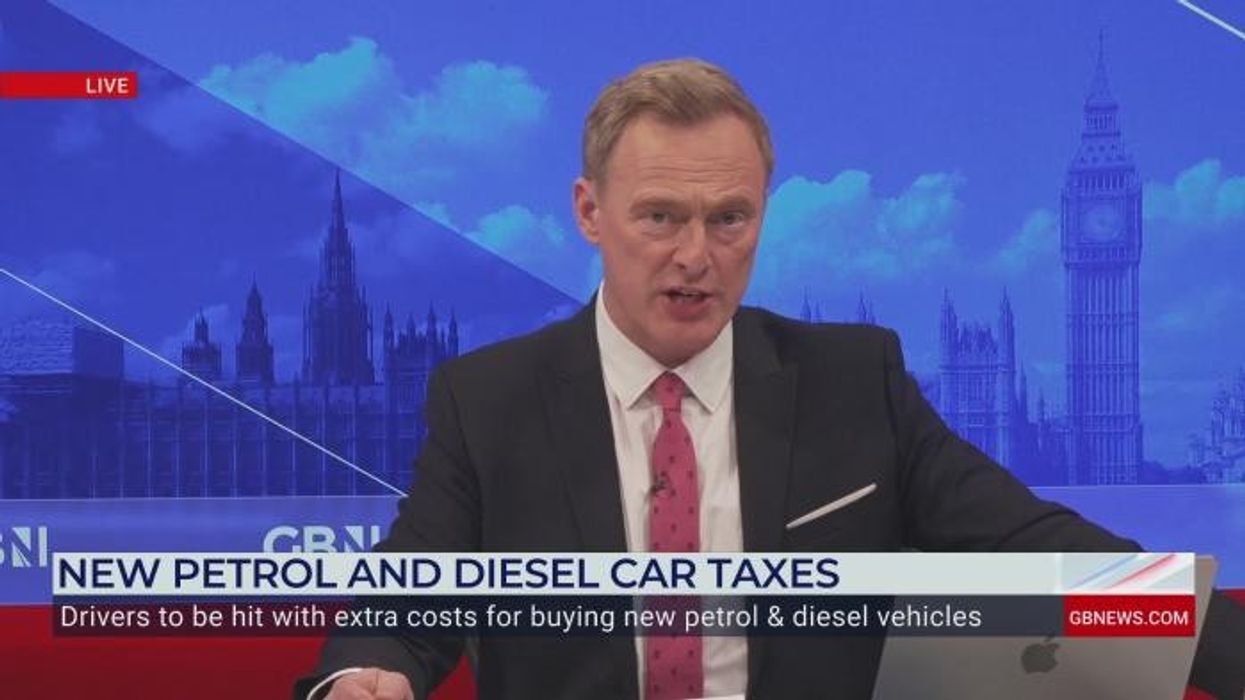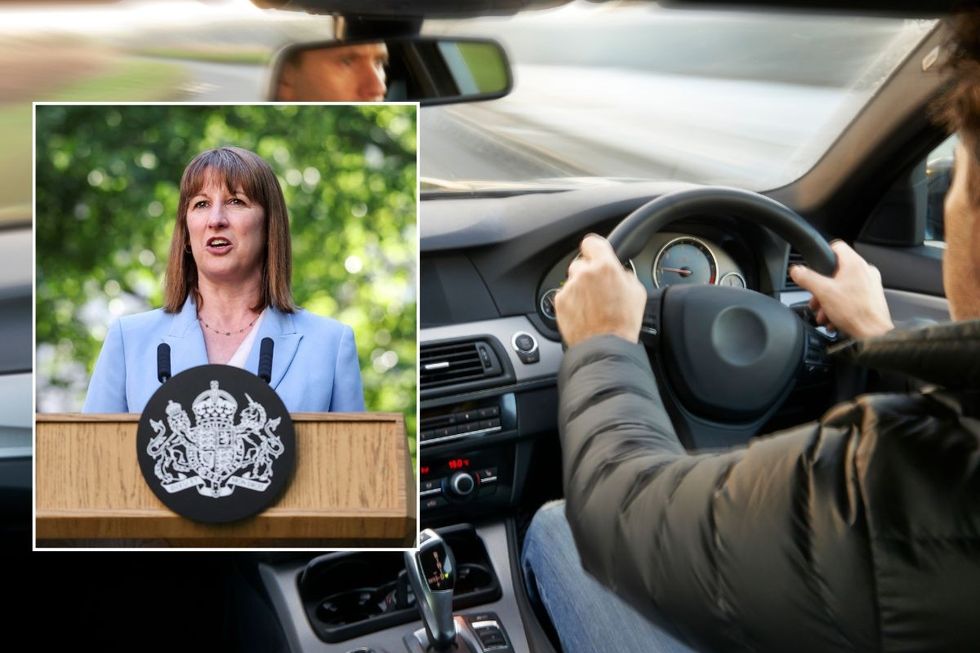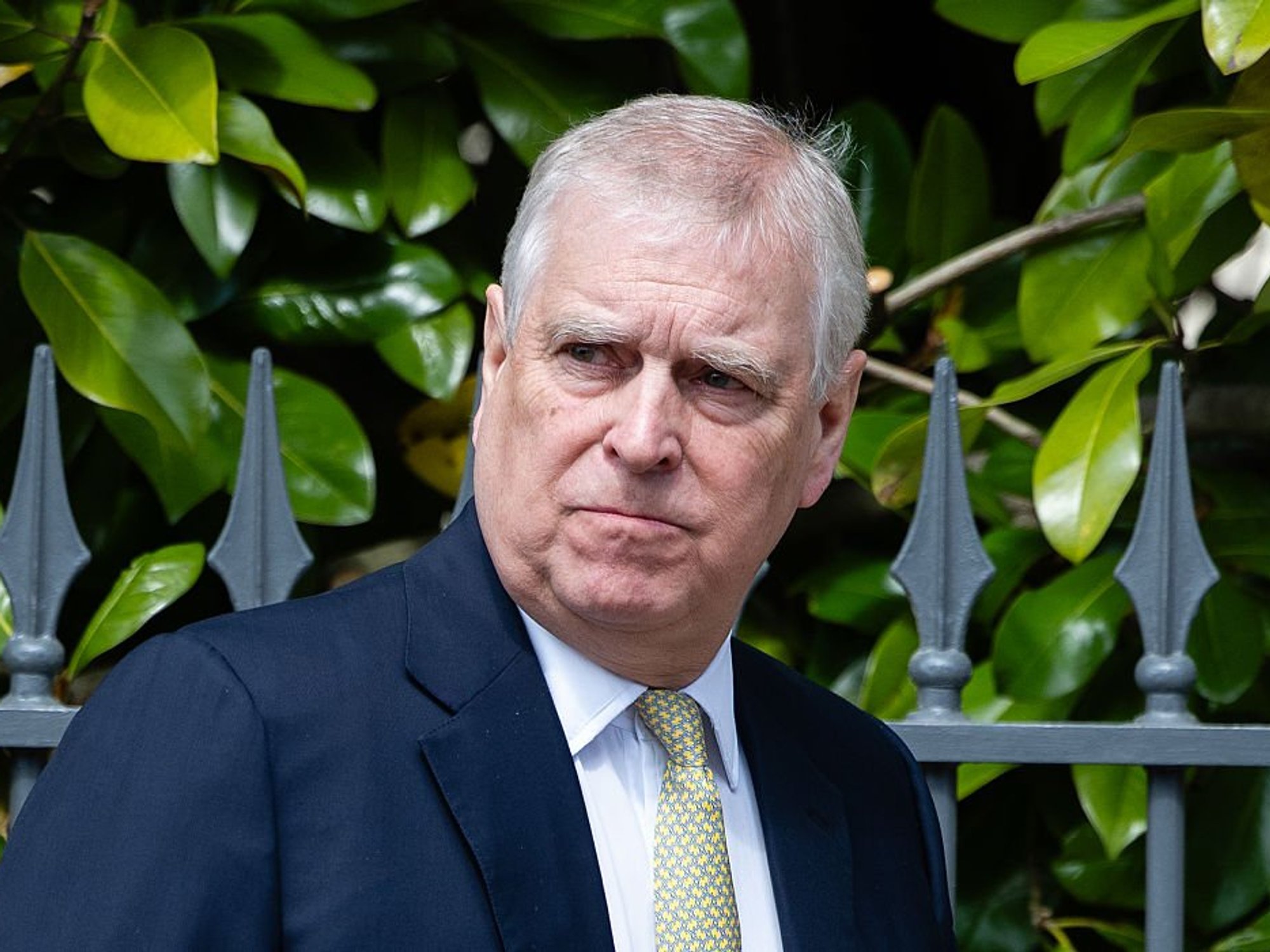Rachel Reeves urged to slash car tax as millions of drivers face 'disproportionate' £425 annual cost

WATCH: Danny Kelly blasts Labour's latest tax hike on electric car drivers - 'It's going backwards!'
|GB NEWS

Some have called for the Expensive Car Supplement threshold to be raised to at least £50,000
Don't Miss
Most Read
Latest
Experts have called on Labour to urgently announce whether car tax changes will be introduced in the near future to help motorists switch to electric vehicles.
The Expensive Car Supplement is a tax paid by vehicle owners who buy higher-end cars. If the car costs more than £40,000, they are required to pay £425 a year for five years, following the first tax payment.
Chancellor Rachel Reeves clarified in October's Autumn Statement that the Expensive Car Supplement tax has a "disproportionate impact" on those looking to buy zero emission cars.
With many electric vehicles costing more than £40,000, experts have urged Labour to announce a change to allow a greater number of drivers to buy an EV.
Do you have a story you'd like to share? Get in touch by emailing motoring@gbnews.uk

Chancellor Rachel Reeves has been urged to slash taxes to help motorists buy electric vehicles
|PA/GETTY
While electric vehicle owners do not have to pay as much for the running costs of the vehicle, they could be put off by an extra £425 tax charge every year.
Reeves, the MP for Leeds West and Pudsey, stated that the Government would only consider raising the threshold for zero emission cars at a future fiscal event, leading many to believe that the next Autumn Statement would see changes introduced.
Lilian Greenwood, Minister for the Future of Roads, hinted that changes could be made to the ECS in the near future to help more drivers access cleaner vehicles.
Industry experts and drivers have long called for the Government to hike the rate of the Expensive Car Supplement to something more appropriate, like £50,000.
READ MORE: Rachel Reeves slammed as British drivers face new £3,100 car tax hike - 'Difficult to stomach'
Matthew Walters, head of consultancy services and customer value at Ayvens, noted that the introduction of new ECS charges for electric cars could add a "significant cost" to fleets.
He said: "The £40,000 threshold was introduced by the Coalition Government in 2015, when it was expected to apply to just five per cent of new cars.
"Today, around 64 per cent of EVs fall above that limit, meaning the supplement now disproportionately affects those choosing cleaner vehicles - as highlighted during last year’s Autumn Budget announcement."
He said any changes to the ECS from Labour would need to be introduced before April 2026, when affected electric vehicles are to be re-taxed, prompting calls for an announcement in the upcoming Autumn Statement.
LATEST DEVELOPMENTS:
Since April 1, 2025, electric car owners have been required to pay the standard rate of Vehicle Excise Duty (VED), which costs £195 a year.
While this is the lowest standard rate paid by vehicle owners, it is still a huge hike from previous years, when EV drivers did not have to pay at all.
Walters highlighted how inconsistencies are not limited to cars, as the £0 rate for electric vans was also withdrawn in April, with fleets facing a tax bill of £345 when they renew.
He added: "Fleets are at the forefront of the transition to zero emission transport, and they need timely, consistent tax policy that supports - not disrupts - their investment decisions.
 The Expensive Car Supplement applies to all vehicles with a list price of more than £40,000 | PA
The Expensive Car Supplement applies to all vehicles with a list price of more than £40,000 | PA"A considered revision to the Expensive Car Supplement, clearly communicated and implemented with adequate notice, would give fleets the confidence to continue leading the shift to cleaner mobility."
The calls come at a time when experts are calling for the Government to turbo-charge the adoption of electric vehicles, rather than hammer drivers with additional costs.










